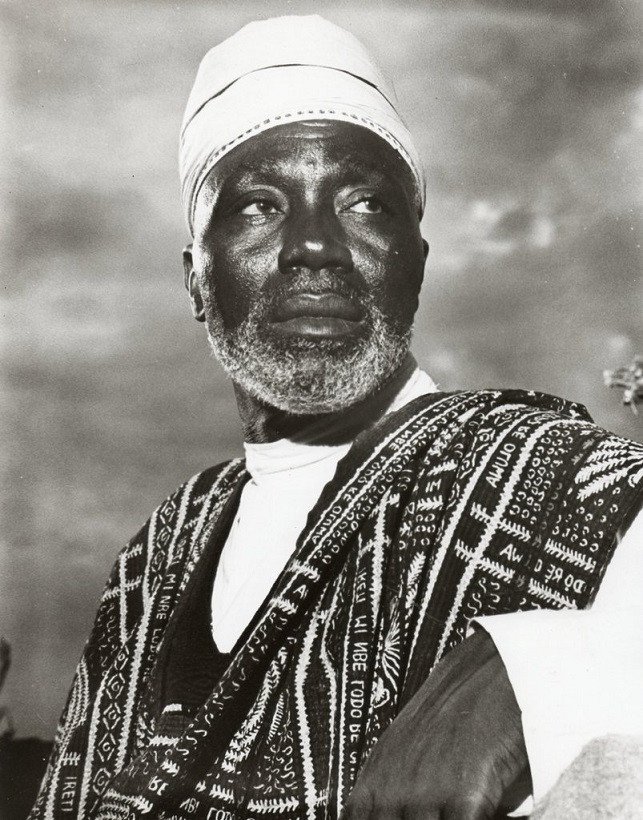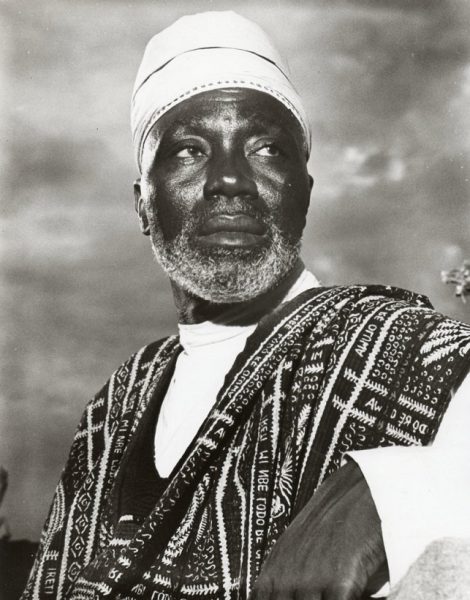The great Nigerian film and stage actor Orlando Martins was one of Britain’s most prominent and leading black actors. As a matter of fact, a poll conducted in 1947, had Martins listed amongst Britain’s top 15 favourite actors. This celebrity of a man was a pioneering Yoruba Nigerian film and stage actor who was born on the 8th of December 1899.
Read more about Did you know?
Though Orlando Martins was born in Lagos, Nigeria, and was regarded as one because of his pioneering work in Yoruba filmmaking. Martins was actually of Brazilian descent, being born of a Brazilian Father and to a Nigerian Mother. He is also regarded in some quarters as the first world-acclaimed African film actor.
Life And Career
Martins, in 1913 was enrolled in Eko Boys’ High School but dropped out. During World War I, he served as a stoker on the RMS Mauretania to avenge German cruelty to his family. Following the end of the war, he moved to London; on arrival in 1919, he had no source of income and had to look for ways to earn money. Around the same time, the Lyceum Theatre was looking for “supers” at the rate of three shillings per day. It was this opportunity that served as a crack in the wall for Martins to penetrate.
Martins joined the theatre and from there took on various theatre jobs to survive. In 1923, Sanger’s Circus wanted to have someone to display pythons, Martins took the part starting his performing career in the circus. He also worked as a wrestler (known as “Black Butcher Johnson”).
In 1920, Martins was extra acting with the Diaghilev ballet company and was on the tour with the British company of Show Boat as a professional singer. He was an extra in silent films, having made his debut in If Youth But Knew (1926). In the 1930s he went into acting on the London stage, playing Boukman in Toussaint Louverture – the story of the only successful slave revolt in history, a 1936 drama by C. L. R. James that starred the legendary Paul Robeson, with whom Martins had featured in the 1935 film Sanders of the River.
Sign up to the Connect Nigeria daily newsletter
Postwar Career
Martins had a busier stint after the war. His film roles included films such as The Man from Morocco (1945) and in Men of Two Worlds (1946), alongside Robert Adams. He quickly became a highly sought after character actor whose tall physique, lovable and friendly personality, hospitable nature, a grand sense of humour and deep bass voice, as Peter Noble described him in 1948, endeared him to filmmakers. Noble went on to say of Martins:
“He is keenly interested in the foundation of a Negro Theatre in London. As he points out: ‘If this ever comes into being it will mean not only that Negro talent in every theatre can be shown to the world, but a continuity of employment for this talent which is now going sadly to waste.'”
Martins went on to star in the 1949 film with Ronald Reagan and Patricia Neal, The Hasty Heart, and played the role of the African warrior Blossom, which role Martins also undertook in the stage production. In the 1950s he made other appearances on the London stage, including in adaptations of Cry, the Beloved Country (Trafalgar Square Theatre, 1954), and The Member of the Wedding (Royal Court Theatre, 1957), before returning to Lagos in 1959. He subsequently took roles in such films as Killers of Kilimanjaro (1960), Call Me Bwana (1963), Mister Moses (1965), and Kongi’s Harvest (1970, Wole Soyinka’s adaptation of his play of the same name).
On the 25th of September, 1985, Martins died at the age of 85 in Lagos. He was buried at Ikoyi Cemetery.
Sources:
Peter Noble, The Negro In Films, Skelton Robinson, 1948,
Wikipedia
Featured Image Source: IMDb
Got a suggestion? Contact us: [email protected]


